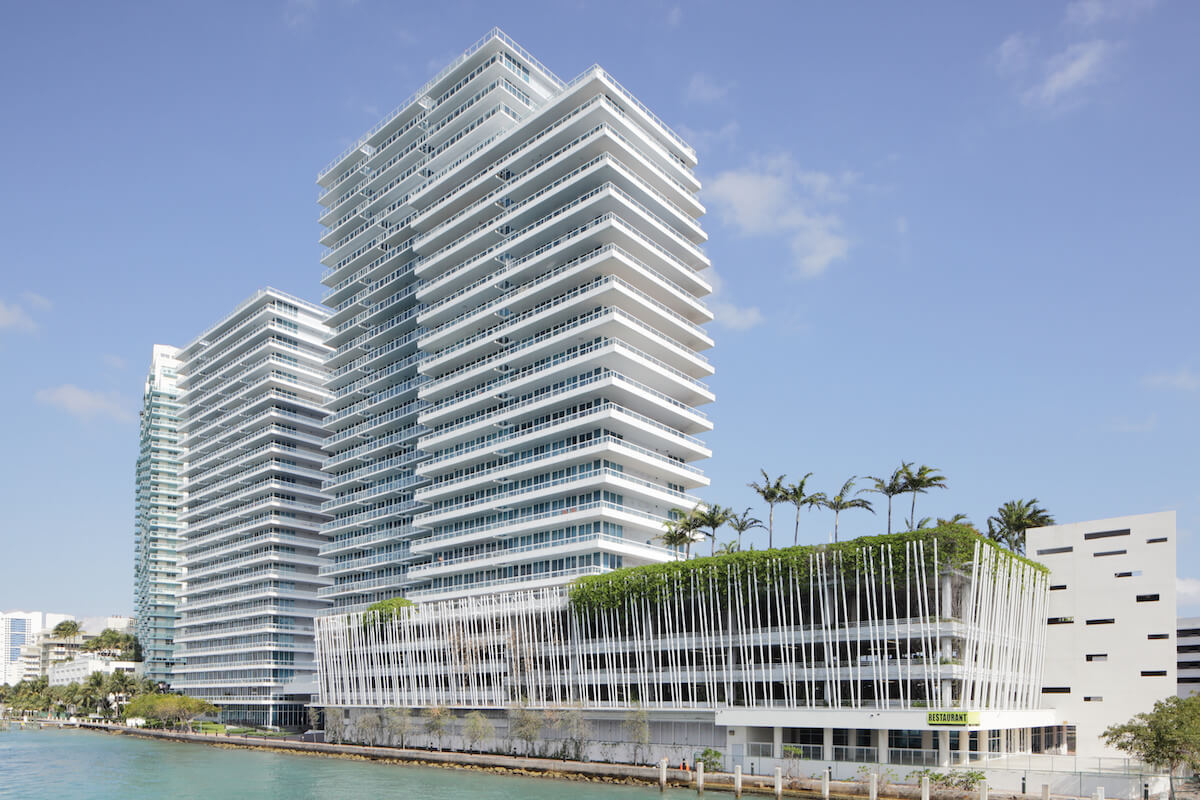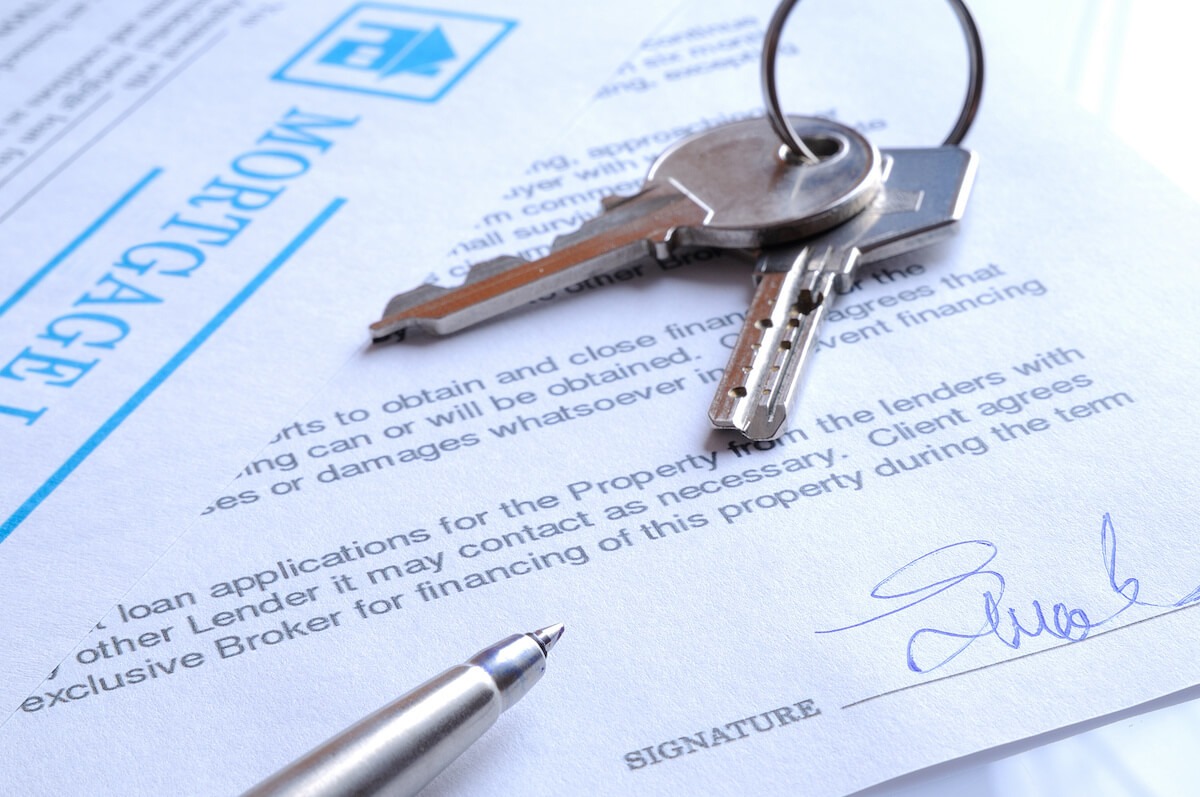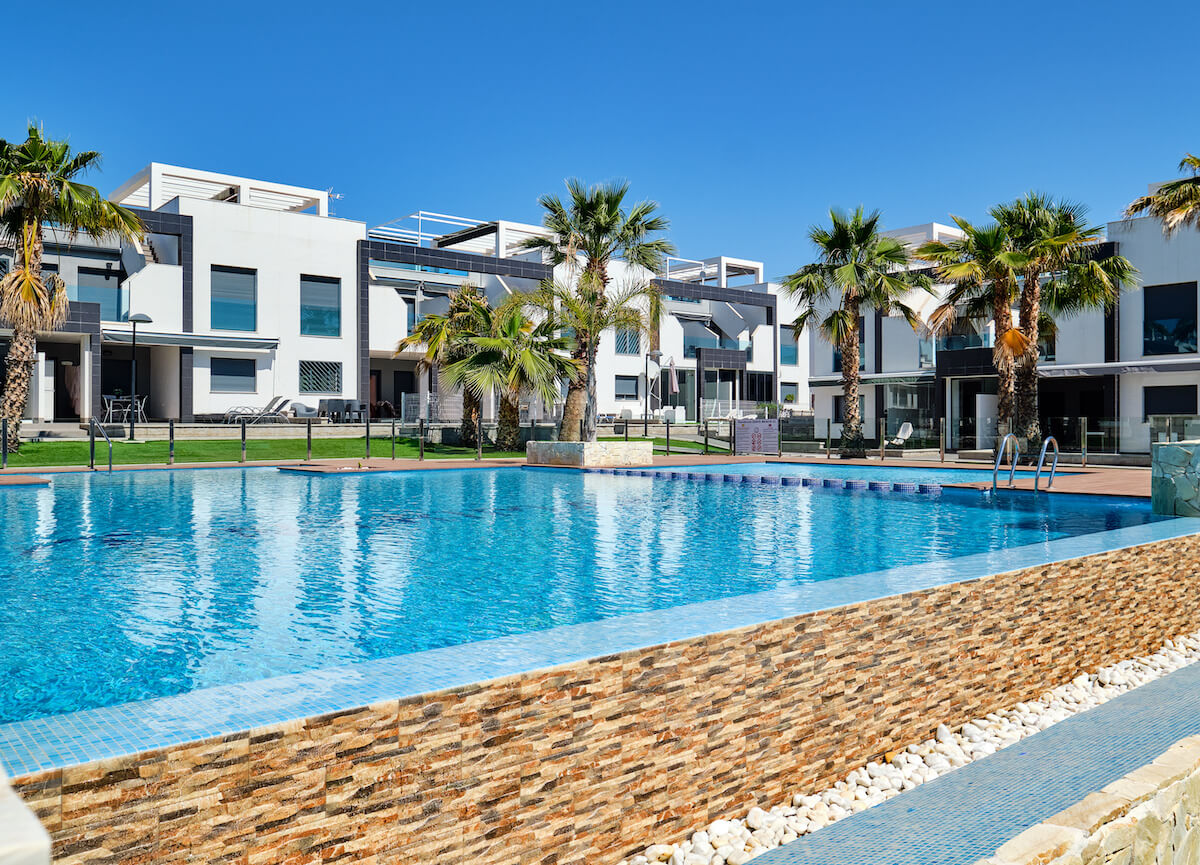 Timeshares — or “vacation ownership” in the language of timeshare companies — are marketed to the public as a way to invest in your future vacation plans. Sure, the thinking goes, you may plunk down $20,000 now, but think about all the years of fun once you have bought a unit in your favorite vacation spot! Won’t that be grand?
Perhaps it would, but the people selling you this vacationing fantasy often fail to give you a complete picture of what a timeshare purchase actually looks like. Had you bought a home in the destination of your choice, you wouldn’t expect to just pay the purchase price. You’d have to pay property taxes and hazard insurance. You’d also have to pay all the other normal bills.
In this small aspect of “paying for ownership” then, a timeshare isn’t that different from owning your own vacation home. There is still a big distinction, though. With a timeshare, you are paying a middleman to take care of utilities, taxes, and maintenance of the property.
You also don’t have a say over the day-to-day decisions the middleman makes about how to spend your money on the property. Does your timeshare resort really need a new swimming pool, or is that an unnecessary expense? It’s not your decision, unfortunately, but under most timeshare contracts, you are going to have to pay for it anyway.
This article will take a look at the bottom line: What is your real timeshare price when you consider all the nickels and dimes you have to pay in addition to the purchase?
First, we’ll discuss the price of your unit, along with costs for the mortgage that many people have to get. Next, we’ll look at ever-increasing annual maintenance fees. Finally, we’ll examine the dreaded special assessment: extra amounts that your resort will probably ask you to pay at some point for a variety of reasons.
Timeshares — or “vacation ownership” in the language of timeshare companies — are marketed to the public as a way to invest in your future vacation plans. Sure, the thinking goes, you may plunk down $20,000 now, but think about all the years of fun once you have bought a unit in your favorite vacation spot! Won’t that be grand?
Perhaps it would, but the people selling you this vacationing fantasy often fail to give you a complete picture of what a timeshare purchase actually looks like. Had you bought a home in the destination of your choice, you wouldn’t expect to just pay the purchase price. You’d have to pay property taxes and hazard insurance. You’d also have to pay all the other normal bills.
In this small aspect of “paying for ownership” then, a timeshare isn’t that different from owning your own vacation home. There is still a big distinction, though. With a timeshare, you are paying a middleman to take care of utilities, taxes, and maintenance of the property.
You also don’t have a say over the day-to-day decisions the middleman makes about how to spend your money on the property. Does your timeshare resort really need a new swimming pool, or is that an unnecessary expense? It’s not your decision, unfortunately, but under most timeshare contracts, you are going to have to pay for it anyway.
This article will take a look at the bottom line: What is your real timeshare price when you consider all the nickels and dimes you have to pay in addition to the purchase?
First, we’ll discuss the price of your unit, along with costs for the mortgage that many people have to get. Next, we’ll look at ever-increasing annual maintenance fees. Finally, we’ll examine the dreaded special assessment: extra amounts that your resort will probably ask you to pay at some point for a variety of reasons.

 The first part of any timeshare price is the amount that you pay to acquire the unit. Most people that get timeshares do it because, they reason, the purchase price for a timeshare would be less than buying a vacation home outright. Usually, that is the case. But keep in mind that timeshare costs are still pretty expensive.
The first part of any timeshare price is the amount that you pay to acquire the unit. Most people that get timeshares do it because, they reason, the purchase price for a timeshare would be less than buying a vacation home outright. Usually, that is the case. But keep in mind that timeshare costs are still pretty expensive.
 Even assuming that you have the purchase price and closing costs under control, you should be prepared for one of the biggest costs of timeshare ownership: annual maintenance fees. According to ARDA, be ready to pay out here too: You’ll be paying an average of $1,000 every year to the resort. Got a bigger unit? You’ll be paying closer to $1,300 per year.
And if you don’t like the sounds of those numbers, it gets worse. Expect those fees to rise every year by 4-5% or so. (ARDA has since lowered the expected rate to 2%, but this is a very low-end number.)
In the 10 years you’ll be paying off your mortgage, your annual fees can rise from $1,000 to $1,200. Assuming that you have a mortgage as discussed above, the total 10-year bill for your timeshare will come to nearly $55,000!
That amount of money by itself could pay for a great seven-day annual vacation and a luxury hotel with a cost of over $750 per night! With a timeshare though, it’s just what you pay to keep the lights on.
Even assuming that you have the purchase price and closing costs under control, you should be prepared for one of the biggest costs of timeshare ownership: annual maintenance fees. According to ARDA, be ready to pay out here too: You’ll be paying an average of $1,000 every year to the resort. Got a bigger unit? You’ll be paying closer to $1,300 per year.
And if you don’t like the sounds of those numbers, it gets worse. Expect those fees to rise every year by 4-5% or so. (ARDA has since lowered the expected rate to 2%, but this is a very low-end number.)
In the 10 years you’ll be paying off your mortgage, your annual fees can rise from $1,000 to $1,200. Assuming that you have a mortgage as discussed above, the total 10-year bill for your timeshare will come to nearly $55,000!
That amount of money by itself could pay for a great seven-day annual vacation and a luxury hotel with a cost of over $750 per night! With a timeshare though, it’s just what you pay to keep the lights on.
 Special assessments may sound nice in the abstract. If your resort is trying to charge you one, they may reason that you will get a new swimming pool out of the deal. Or maybe the dining room is being remodeled. But, these kinds of improvements are expensive.
Many of us go without making them in our own homes for years due to budgetary reasons. Resorts, however, are all too happy to spend your money and charge you an extra $200 per year to indulge their improvement whims. This often results in a situation that is neither fair nor economical for timeshare owners.
And if there is a natural disaster or other event that requires repair for the vacation property? You’ll probably get stuck with an assessment bill there too. “But doesn’t the resort have insurance?” you might ask. Sure, but the resort isn’t about to pay its own self-insured retention or deductible. That cost, unfortunately, is going to be passed on to owners like you.
Special assessments may sound nice in the abstract. If your resort is trying to charge you one, they may reason that you will get a new swimming pool out of the deal. Or maybe the dining room is being remodeled. But, these kinds of improvements are expensive.
Many of us go without making them in our own homes for years due to budgetary reasons. Resorts, however, are all too happy to spend your money and charge you an extra $200 per year to indulge their improvement whims. This often results in a situation that is neither fair nor economical for timeshare owners.
And if there is a natural disaster or other event that requires repair for the vacation property? You’ll probably get stuck with an assessment bill there too. “But doesn’t the resort have insurance?” you might ask. Sure, but the resort isn’t about to pay its own self-insured retention or deductible. That cost, unfortunately, is going to be passed on to owners like you.


Know About Us